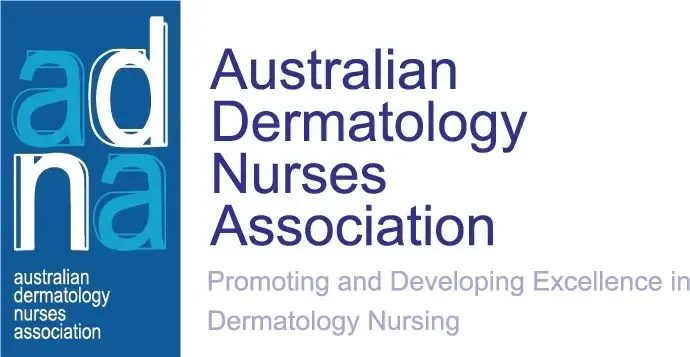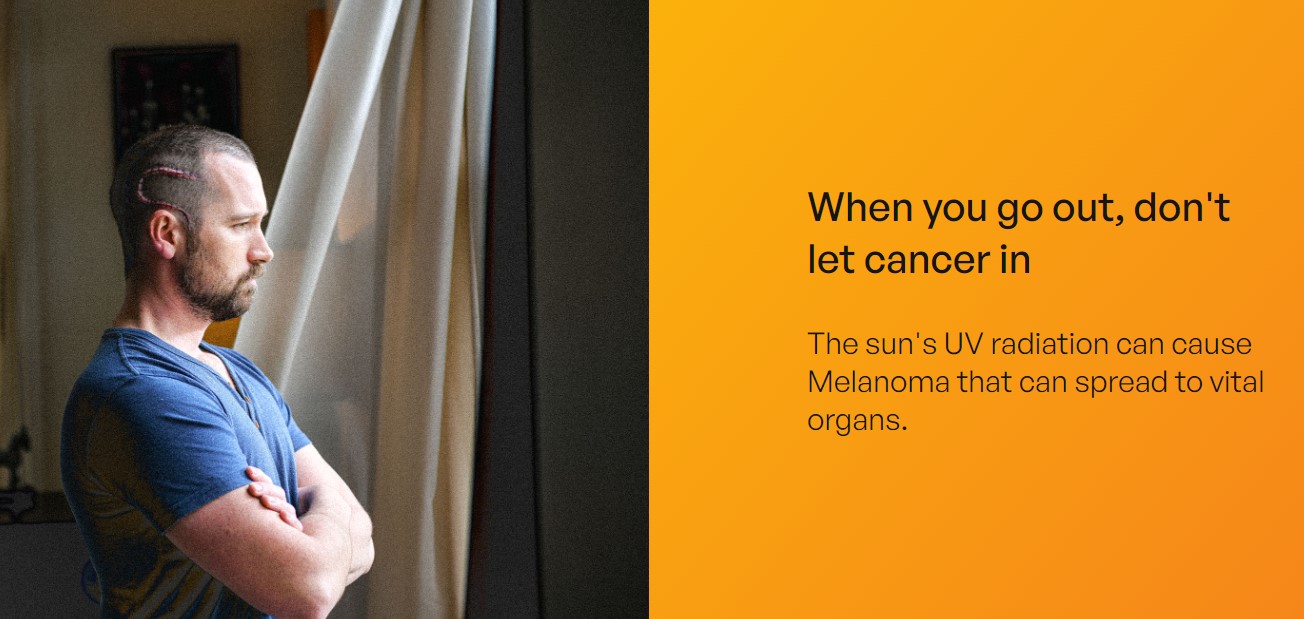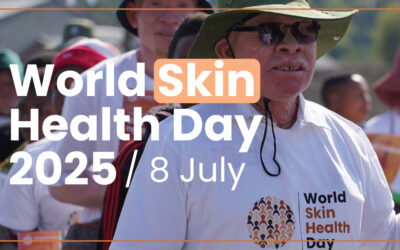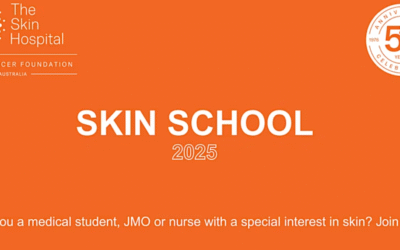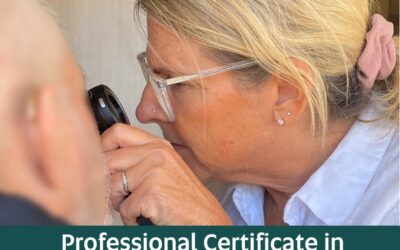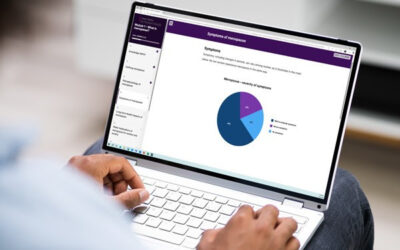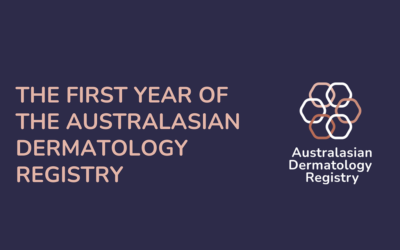Learn about SunSmart Victoria’s skin cancer prevention campaign ‘Don’t Let Cancer In’
SunSmart Victoria in partnership with the Victorian Department of Health have jointly funded a new skin cancer prevention campaign to raise awareness of the serious consequences of skin cancer and increase sun protection behaviours among Victorian men and women. This campaign, ‘Don’t Let Cancer In,’ marks an important step in Victoria’s ongoing leadership in skin cancer prevention, with skin cancer being Australia’s most common and costly cancer. However, skin cancer is also one of the most preventable cancers with the use of good sun protection as over 95% of melanoma skin cancer and 99% of non-melanoma cases are a result of over exposure to the sun’s UV radiation. In Victoria, there are around 150,000 treatments for non-melanoma skin cancers, and over 2800 newly diagnosed melanomas each year. Melanoma is considered the most serious and dangerous form of skin cancer because it is more likely to spread to other parts of the body, especially if not found early. We’ve seen positive progress in skin cancer prevention in Victoria with a decline in melanoma rates for people under the age of 50 years. This is the generation that has grown up with SunSmart. However, SunSmart is concerned that some population groups are not listening to these life-saving sun protection messages, with survey reports indicating only one in two Victorians were using sun protection as part of their daily routine during summer. Recent data also shows that it is often the everyday outdoor activities, like walking the dog or gardening, where people fail to use sun protection and are exposing their skin to harmful UV radiation. This repeated exposure to UV radiation can cause skin cancer, including melanoma. This new hard-hitting campaign ‘Don’t Let Cancer In’ is addressing complacency head on and will speak to parts of our community who are most at risk, including men, who are twice as likely to die from melanoma, and those in regional areas who are 44% more likely to be diagnosed with melanoma than those living in metropolitan areas. Launching in November and running till February 2024, SunSmart will be sharing messages across multiple channels, warning Victorians not to let cancer in. The campaign will also reinforce the need to cover up from UV when the index hits 3.
How you can help
SunSmart is encouraging healthcare professionals to discuss skin cancer prevention with their patients and encourage them to check the UV before they go outside and use a combination of sun protection strategies whenever UV index levels are 3 or above. Health professionals play a pivotal role in providing preventative information to patients and reducing future burden of skin cancer on the Victorian population. You can:
- Encourage patients to cover up their skin whenever UV index levels are 3 or above. SunSmart has a range of free skin cancer prevention resources to support this.
- Encourage patients to look at SunSmart website and check UV levels on apps and weather forecasts to plan their sun protection.
- Add the SunSmart website widget to your practice website
- Discuss skin cancer risk, especially if patients are high risk or have a personal or family history and develop surveillance plans for patients.
- Encourage patients to check their skin and if they notice any changes, come and book an appointment with you.
- Access free skin cancer online education for health professionals at www.sunsmart.com.au/skin-cancer/health-professionals.
- Apply to the Dermoscopy for General Practice Program for your chance to access fully subsidised skin cancer equipment and training.
